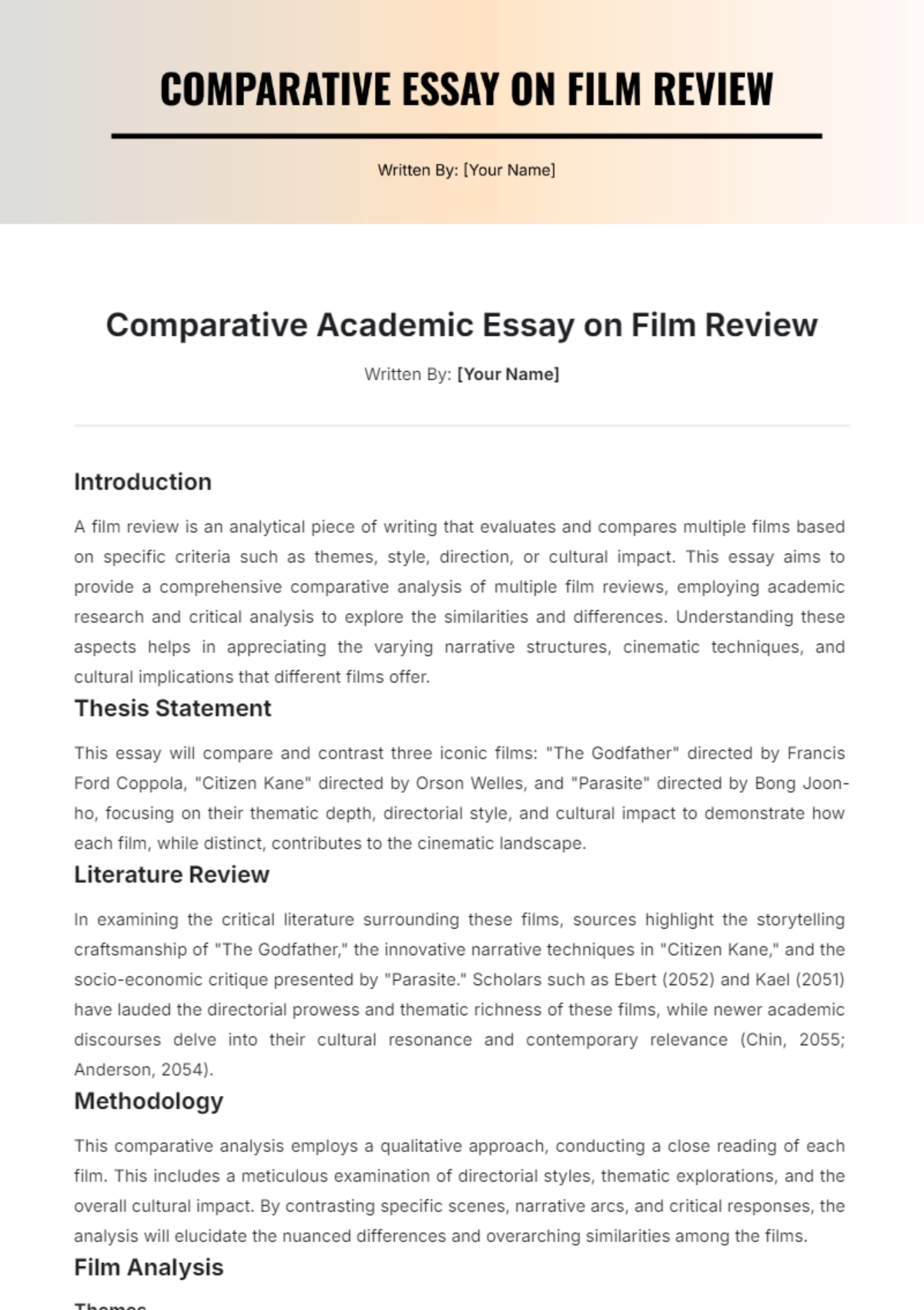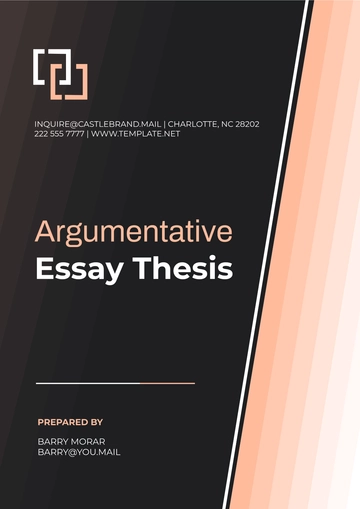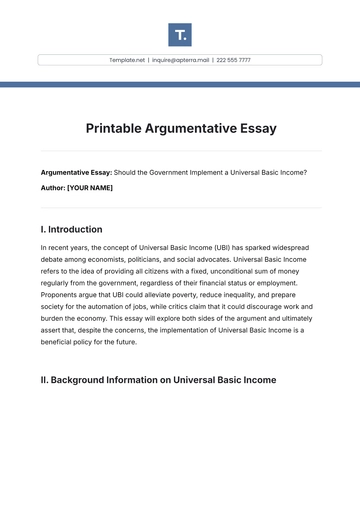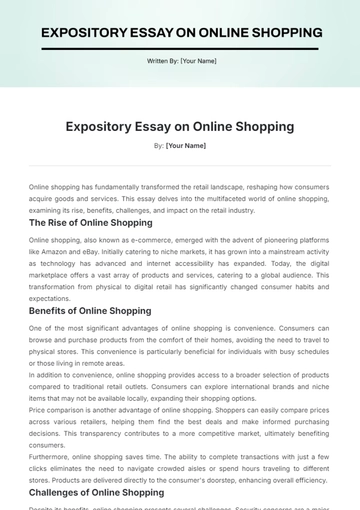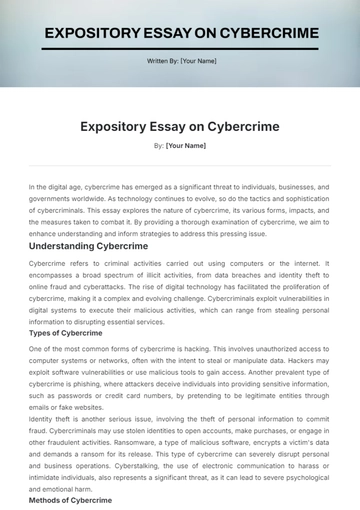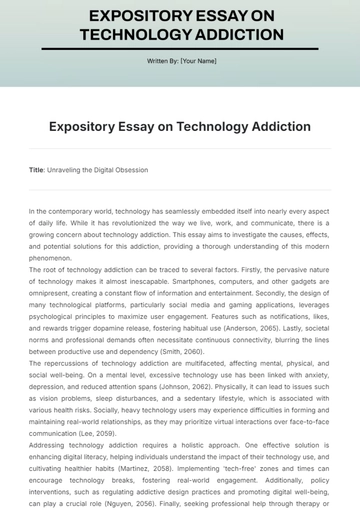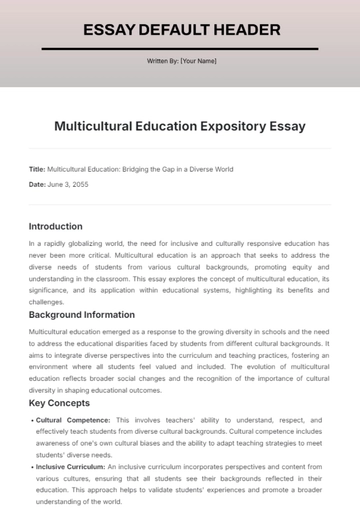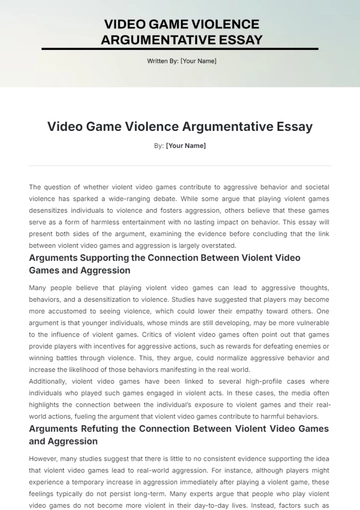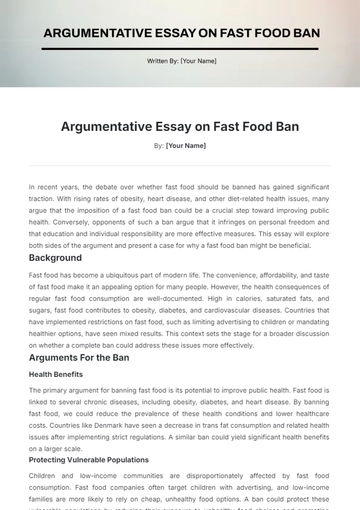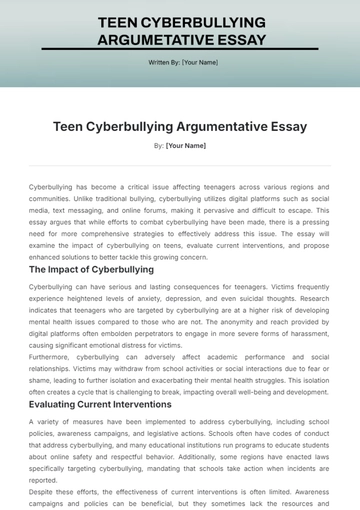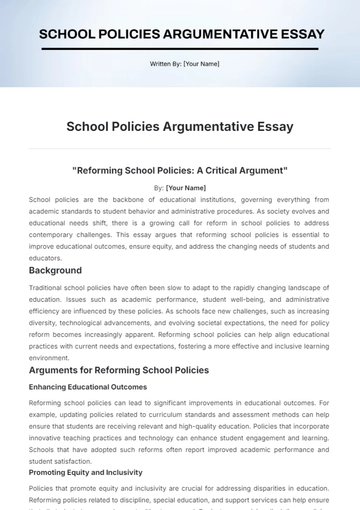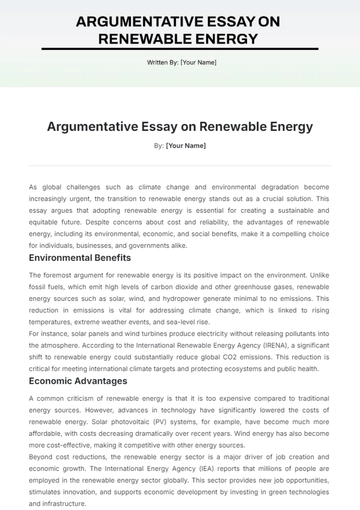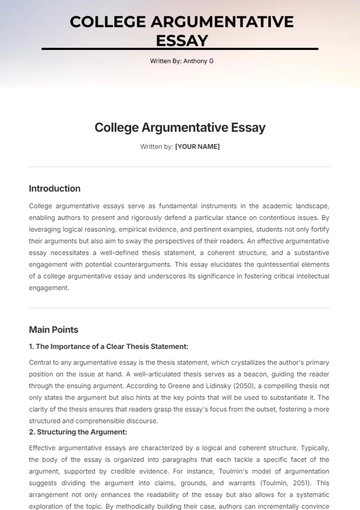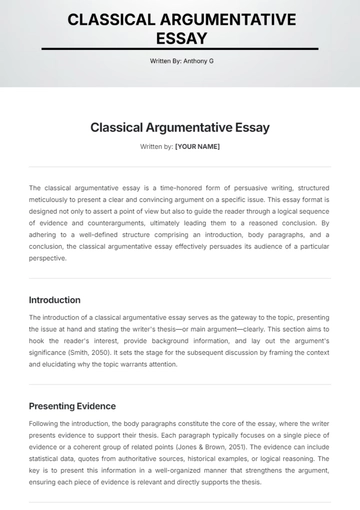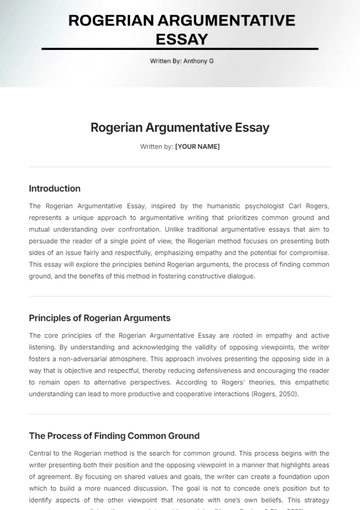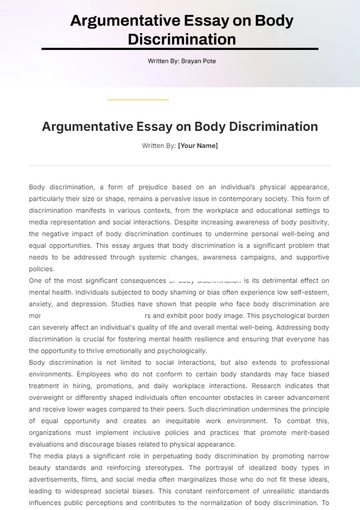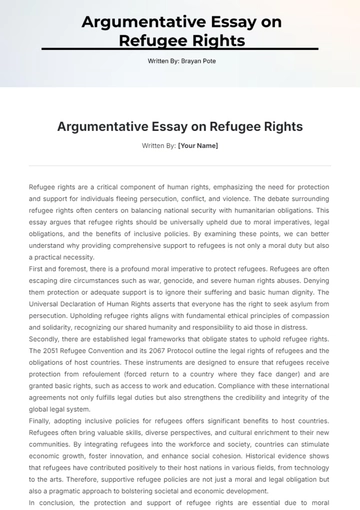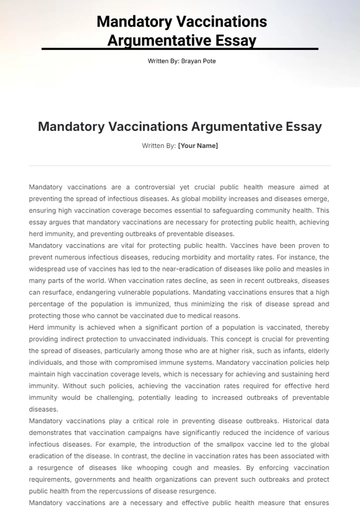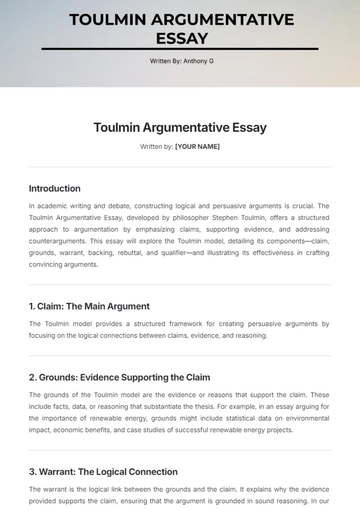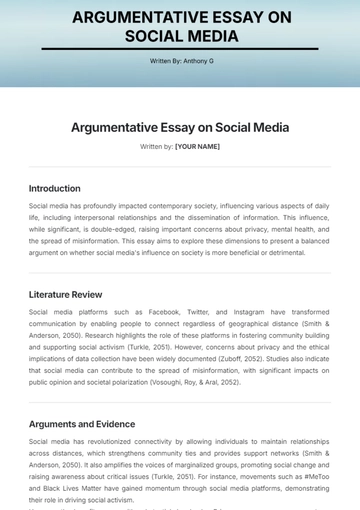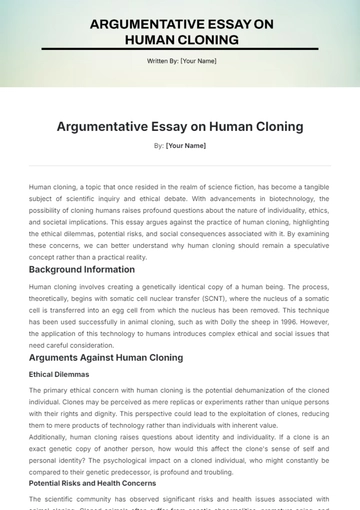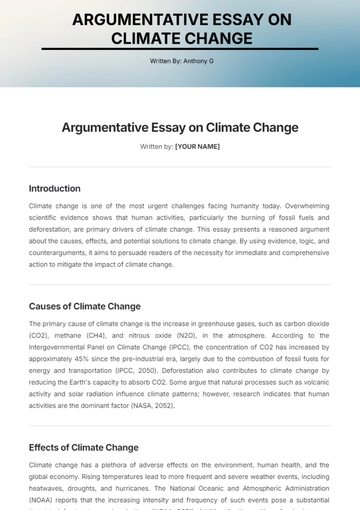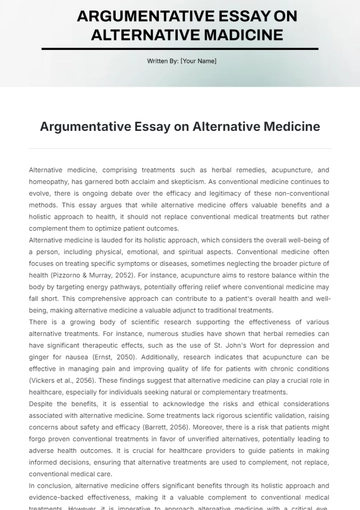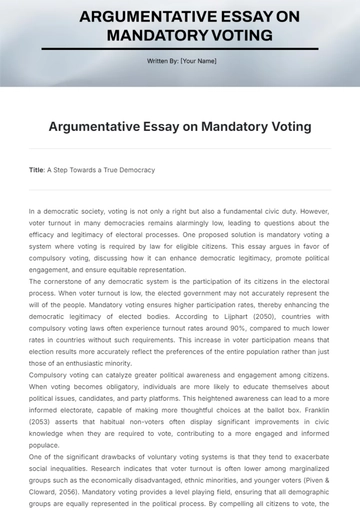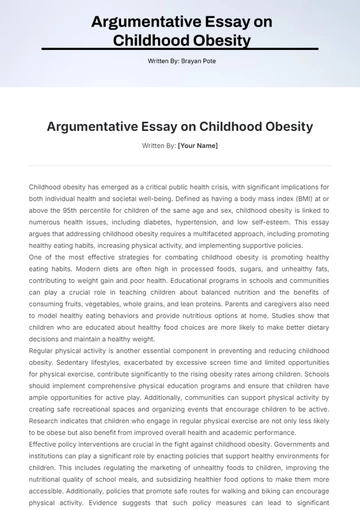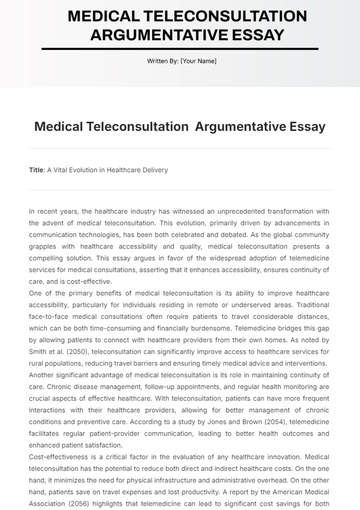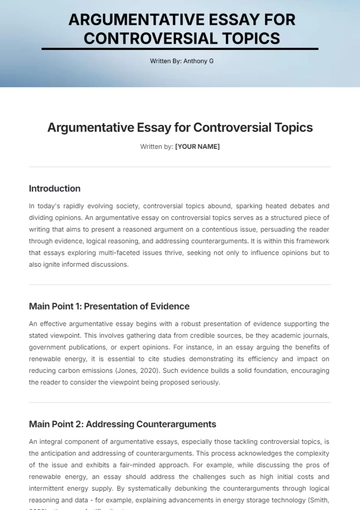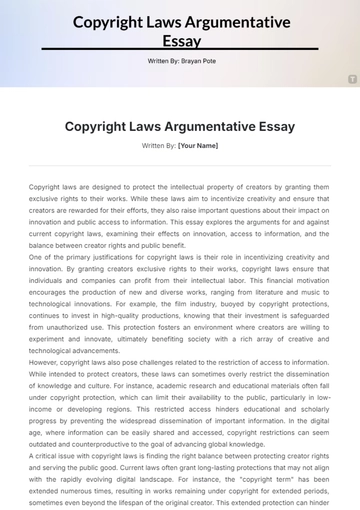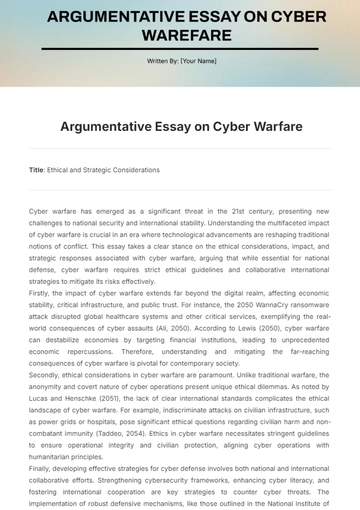Comparative Academic Essay on Film Review
Written By: [Your Name]
Introduction
A film review is an analytical piece of writing that evaluates and compares multiple films based on specific criteria such as themes, style, direction, or cultural impact. This essay aims to provide a comprehensive comparative analysis of multiple film reviews, employing academic research and critical analysis to explore the similarities and differences. Understanding these aspects helps in appreciating the varying narrative structures, cinematic techniques, and cultural implications that different films offer.
Thesis Statement
This essay will compare and contrast three iconic films: "The Godfather" directed by Francis Ford Coppola, "Citizen Kane" directed by Orson Welles, and "Parasite" directed by Bong Joon-ho, focusing on their thematic depth, directorial style, and cultural impact to demonstrate how each film, while distinct, contributes to the cinematic landscape.
Literature Review
In examining the critical literature surrounding these films, sources highlight the storytelling craftsmanship of "The Godfather," the innovative narrative techniques in "Citizen Kane," and the socio-economic critique presented by "Parasite." Scholars such as Ebert (2052) and Kael (2051) have lauded the directorial prowess and thematic richness of these films, while newer academic discourses delve into their cultural resonance and contemporary relevance (Chin, 2055; Anderson, 2054).
Methodology
This comparative analysis employs a qualitative approach, conducting a close reading of each film. This includes a meticulous examination of directorial styles, thematic explorations, and the overall cultural impact. By contrasting specific scenes, narrative arcs, and critical responses, the analysis will elucidate the nuanced differences and overarching similarities among the films.
Film Analysis
Themes
"The Godfather" explores themes of power, family loyalty, and corruption within the American dream narrative. "Citizen Kane" is a deep dive into the complexities of power, ambition, and the elusiveness of happiness. "Parasite" offers a sharp critique of class disparity and social inequalities. Despite varied narrative settings—from mafia undertakings to tycoon tales and class conflicts—each film compellingly engages with the corrupting influence of power.
Directorial Style
Francis Ford Coppola’s use of operatic elements and intricate character development in "The Godfather" contrasts with Orson Welles' innovative use of deep focus, non-linear storytelling, and dramatic lighting in "Citizen Kane." Bong Joon-ho’s "Parasite" combines genre fluidity with meticulous mise-en-scène and social allegory. Each director's unique stylistic approach significantly contributes to their stories' impact and audiences' engagement.
Cultural Impact
"The Godfather" has had a lasting influence on American cinema and popular culture, while "Citizen Kane" is often cited as a cornerstone of modern filmmaking for its pioneering techniques. "Parasite," with its unprecedented success at the Oscars, has spotlighted South Korean cinema on the global stage, sparking conversations about class and inequality worldwide. Each film's cultural resonance continues to inspire filmmakers and provoke societal introspection.
Discussion
The comparative analysis illustrates that while "The Godfather," "Citizen Kane," and "Parasite" are rooted in different genres and cultural backgrounds, they each offer profound insights into human nature and societal constructs. The thematic exploration of power and its repercussions is a common thread that ties these films together, despite their varying directorial styles and narrative mechanisms. Their cultural impact, both past and present, underscores cinema's power to reflect and shape societal values and thought.
Conclusion
In conclusion, the comparative academic analysis of "The Godfather," "Citizen Kane," and "Parasite" highlights the multifaceted approaches to storytelling and cinematic techniques that define these timeless films. The examination of their themes, directorial styles, and cultural impact reveals the unique and universal aspects that contribute to their enduring legacy in the world of film. Future research could further investigate their influence on contemporary cinema and evolving societal discourses.
References/Bibliography
Anderson, L. (2054). "Citizen Kane: The Making of a Cinematic Icon." Film Studies Journal, 14(3), 45-65.
Chin, B. (2055). "Parasite: A Reflection of Modern Socio-economic Disparities." Asian Cinema Studies, 22(1), 30-50.
Ebert, R. (2052). "The Godfather: A Film Analysis." Chicago Sun-Times.
Kael, P. (2051). "Raising Kane." The New Yorker.
Essay Templates @ Template.net
